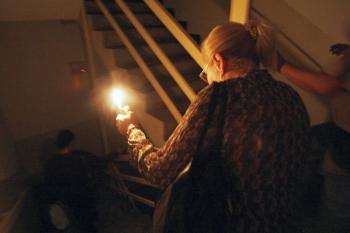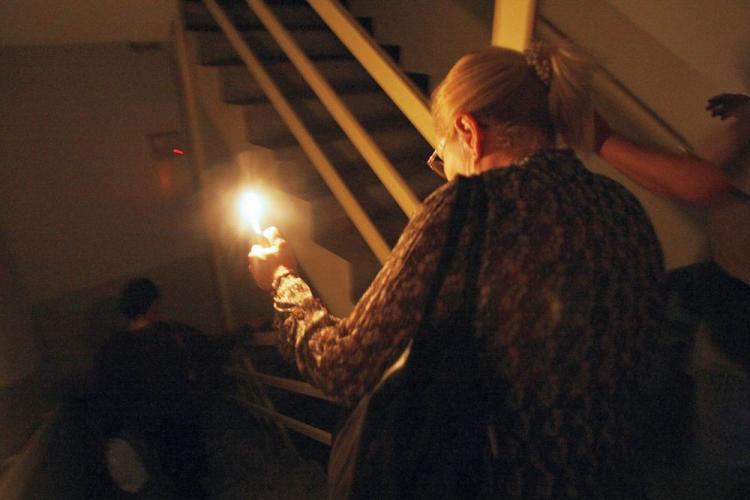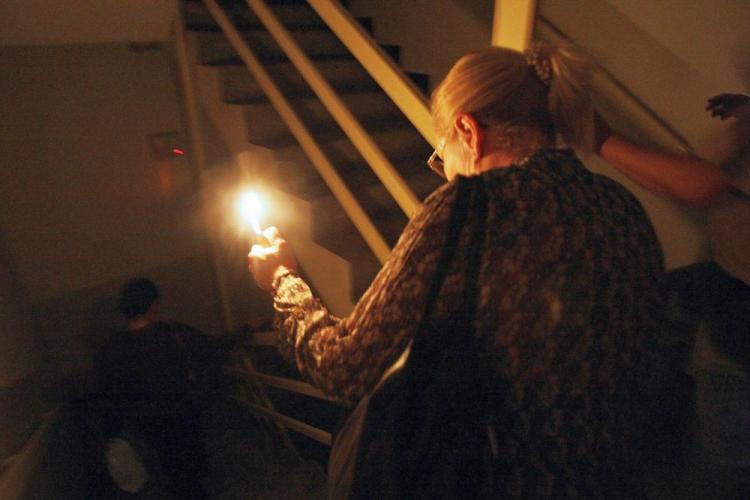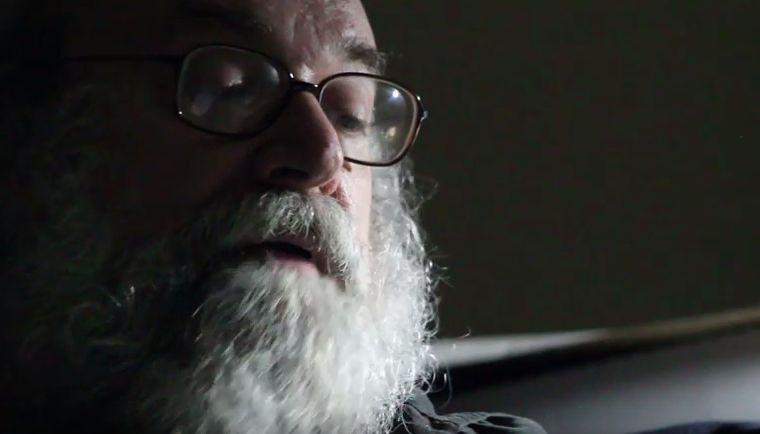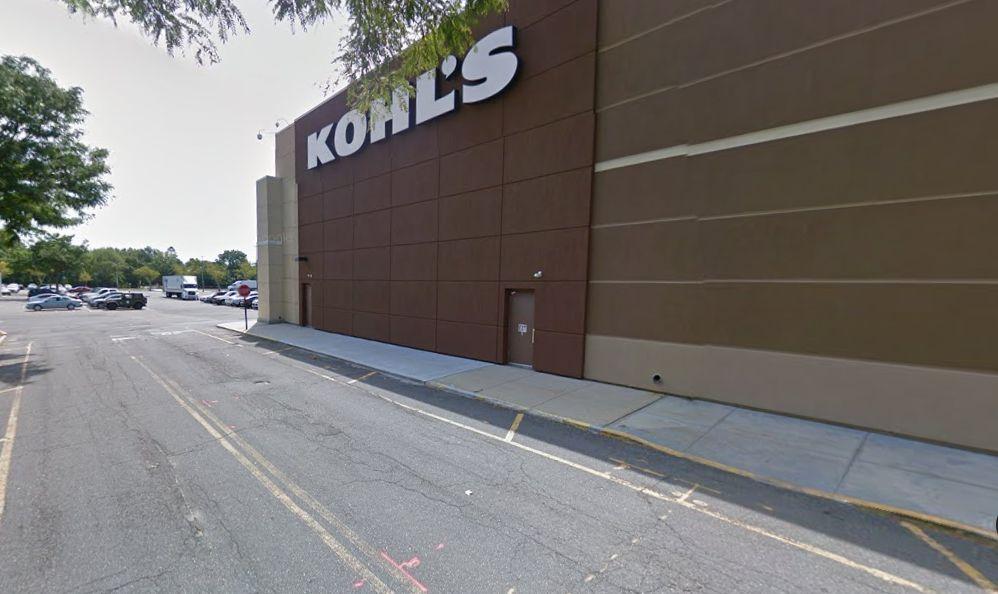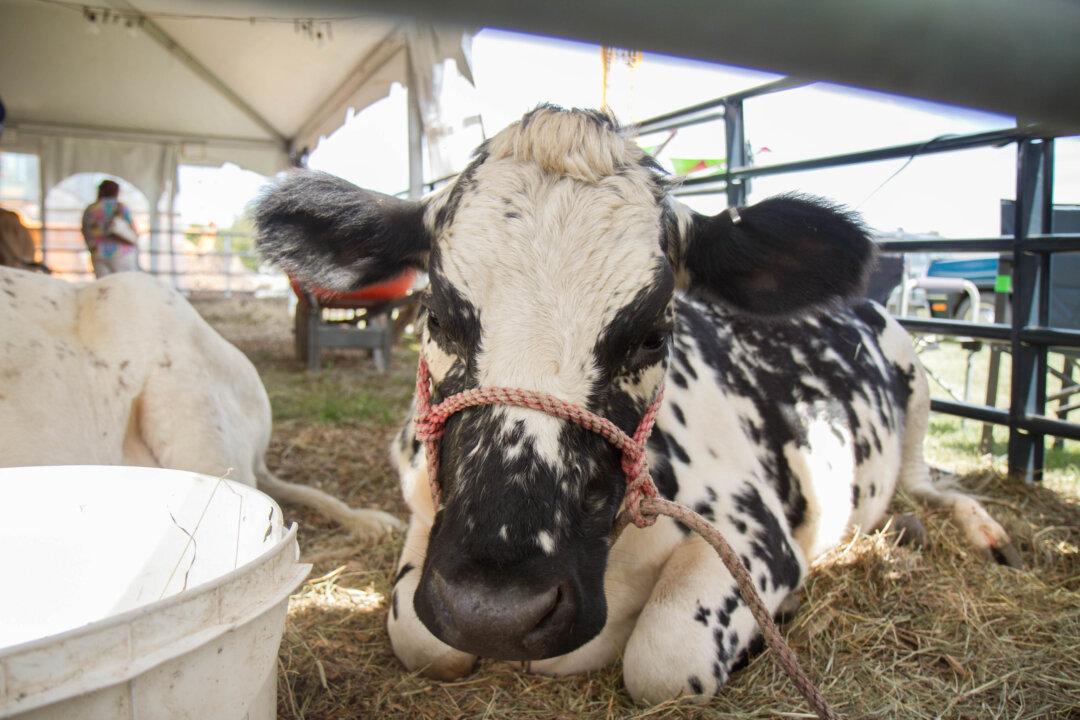CARACAS, Venezuela—This week, Venezuela sanctioned a national energy emergency throughout the country. The Guri Dam, responsible for covering 70 percent of the country’s electricity demands, has dangerously low water levels. It is just 17 meters away from collapsing the country’s energy supply and producing a nationwide blackout. Venezuelan president Hugo Chavez has already said numerous times during his live broadcasts that the dam is losing 13 centimeters of water per day, so the breakdown now seems imminent.
The board of directors of the recently nationalized Edelca, the biggest hydroelectric generation company in Venezuela, asked its workers to invoke the help of God to overcome the severe energy crisis that the country is undergoing.
“This Friday 12th of February, between 3 p.m. and 4 p.m., cry out to God for the national electricity sector,” said the company statement.
“The president mentioned several energy plants that will be ready by June this year. And also said that with them, we would have 600 megawatts (MW) of [additional] electricity with plants in Falcon, Apure, Portuguesa, Barinas, without telling the country that the actual deficit is 1600 MW,” said opposition politician, Eliodoro Quintero, at a press conference.
National emergency measures include energy rationing throughout the country except in Caracas. In the capital city, all residential areas must reduce energy consumption bellow 500 KW/h, or they will be charged an additional 100 percent of the price they are already paying for their services. It was announced that anybody who increases their energy consumption by more than 10 percent, will be fined correspondingly.
With the recent rise in inflation, and the devaluation of the currency, conditions in Venezuela are deteriorating rapidly. There is growing unrest and people are becoming poorer and poorer. Prices for some goods have increased up to 100 percent, and there are shortages of basic goods in the market. Several areas are also suffering gasoline shortages—in a country that is a petroleum exporter.
Large segments of the population are already barely able to afford food and basic services, so the prospect of additional fines is daunting. For Venezuelans in Caracas, it means taking extreme measures to reduce home electricity use to a minimum, even living in darkness in some areas.
Because billboards and other illuminated advertisements have to be turned off at night, many people are afraid to go out at night fearing thieves and thugs.
In the metropolitan area, business owners have to reduce their energy consumption by 20 percent or face energy cuts ranging from 24 hours up to an indefinite period of time.
With growing public unrest, opposition party members are also voicing descent. “In 2001, the president already had this information [about the upcoming crisis]. It would have been possible to invest in the electricity system. Venezuelans will now have to assume bigger responsibilities. What I want to say is that there is a responsibility, and the government has to be honest with the people,” said Gustavo Rojas, an opposition politician told reporters in a televised interview.
People can’t help but feel hopeless in front of an impending black out. The government authorities have expressed they will take care of this matter promptly and are applying heavy measures to ration electricity among the population.
Even though these drastic energy restrictions are now taking place, Venezuelans can only wonder if the electricity crisis is truly being taken seriously by the government. And even as this article was being written, Hugo Chavez Frías, the president of Venezuela, is playing night softball on a fully lit stadium at the “Fuerte Tiuna” military complex in Caracas.
The board of directors of the recently nationalized Edelca, the biggest hydroelectric generation company in Venezuela, asked its workers to invoke the help of God to overcome the severe energy crisis that the country is undergoing.
“This Friday 12th of February, between 3 p.m. and 4 p.m., cry out to God for the national electricity sector,” said the company statement.
“The president mentioned several energy plants that will be ready by June this year. And also said that with them, we would have 600 megawatts (MW) of [additional] electricity with plants in Falcon, Apure, Portuguesa, Barinas, without telling the country that the actual deficit is 1600 MW,” said opposition politician, Eliodoro Quintero, at a press conference.
National emergency measures include energy rationing throughout the country except in Caracas. In the capital city, all residential areas must reduce energy consumption bellow 500 KW/h, or they will be charged an additional 100 percent of the price they are already paying for their services. It was announced that anybody who increases their energy consumption by more than 10 percent, will be fined correspondingly.
With the recent rise in inflation, and the devaluation of the currency, conditions in Venezuela are deteriorating rapidly. There is growing unrest and people are becoming poorer and poorer. Prices for some goods have increased up to 100 percent, and there are shortages of basic goods in the market. Several areas are also suffering gasoline shortages—in a country that is a petroleum exporter.
Large segments of the population are already barely able to afford food and basic services, so the prospect of additional fines is daunting. For Venezuelans in Caracas, it means taking extreme measures to reduce home electricity use to a minimum, even living in darkness in some areas.
Because billboards and other illuminated advertisements have to be turned off at night, many people are afraid to go out at night fearing thieves and thugs.
In the metropolitan area, business owners have to reduce their energy consumption by 20 percent or face energy cuts ranging from 24 hours up to an indefinite period of time.
With growing public unrest, opposition party members are also voicing descent. “In 2001, the president already had this information [about the upcoming crisis]. It would have been possible to invest in the electricity system. Venezuelans will now have to assume bigger responsibilities. What I want to say is that there is a responsibility, and the government has to be honest with the people,” said Gustavo Rojas, an opposition politician told reporters in a televised interview.
People can’t help but feel hopeless in front of an impending black out. The government authorities have expressed they will take care of this matter promptly and are applying heavy measures to ration electricity among the population.
Even though these drastic energy restrictions are now taking place, Venezuelans can only wonder if the electricity crisis is truly being taken seriously by the government. And even as this article was being written, Hugo Chavez Frías, the president of Venezuela, is playing night softball on a fully lit stadium at the “Fuerte Tiuna” military complex in Caracas.
